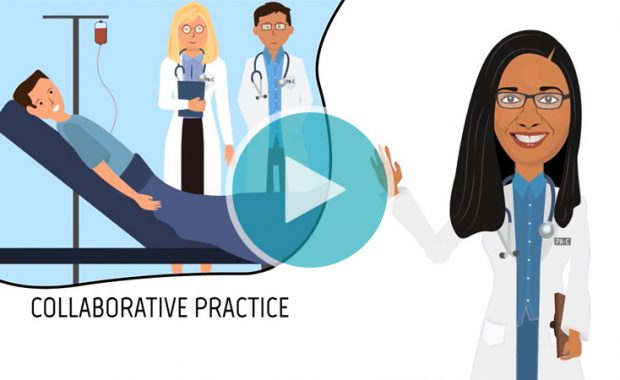Career Resources
PA Scope of Practice
PAs are proven and integral members of the U.S. healthcare system. But what exactly do PAs do? And who decides? The boundaries of each PA’s scope of practice are determined by these parameters: education and experience; state law; policies of employers and facilities, and the needs of the patients.
Putting on Your Oxygen Mask: The Importance of Taking Care of Your Mental Health to Succeed in PA School
Mental health affects everyone from PA students to practicing PAs. Join AAPA for this webinar featuring a discussion on mental health. Learn what you can do now to and as you prepare for your PA career to take care of yourself!

Study Less, Remember More
By focusing on the finish line from the very start, developing strong personalized study skills, and maintaining a willingness to adapt, students will learn how to feel confident on test day through both didactic and clinical years.

Drinking From a Fire Hydrant: How to Study Effectively in PA School
By focusing on the finish line from the very start, developing strong personalized study skills, and maintaining a willingness to adapt, students will learn how to feel confident on test day through both didactic and clinical years.

Video: Educating Employers About PAs
Be ready to educate your current and future employers about working with PAs using these talking points.
PAs and Team Practice
A summary of PAs in team-oriented care models.
Explaining PA Practice to Employers
Be ready to explain PA practice to potential employers and share the ways you can contribute to medical care.

What is a PA?
What is a PA (physician associate/physician assistant)? PAs are licensed clinicians who practice medicine in every specialty and setting.
Surviving Your Didactic Phase
Most PAs recall their PA education as being the most rigorous and challenging of their academic careers. The hard work will be worth it as you learn how to become an outstanding clinician.
5 Tips for PA School’s Didactic Phase
The didactic phase is the first exposure many future PAs have to the rigors, challenges, and rewards of their chosen career.
Competencies for the Physician Associate Profession
Professional competencies for physician assistants include the effective and appropriate application of medical knowledge, interpersonal and communication skills, patient care, professionalism, practice-based learning and improvement, and systems-based practice.
Become a PA
A PA (physician associate/physician assistant) is a nationally certified and state-licensed medical professional. Learn how to acquire the experience you need for PA school and how to get and maintain your certification.

